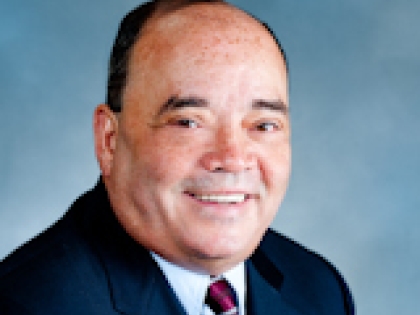
Times Union: Open Internet access imperative

By Martin Malave Dilan, Commentary
The Federal Communications Commission is struggling to reach an agreement on if, and how much your Internet access provider can limit your access to online content and what content it can limit. In a nutshell, that's the Net Neutrality debate. And the FCC has opened that debate as it weighs the merger America's top two broadband Internet service providers.
I proffer the following: There is no acceptable business model for the control over access to information; and there is no acceptable policy with regards to who deems, or what they deem, as "commercially acceptable" or "preferential" regarding information and access to it.
Net Neutrality, or unimpeded access to the Internet, is not a dispute over intellectual property or copyrighted material. The proponents of so-called commercially-acceptable controls have no ownership over access to online content. They are the means to access that content. the caretakers of a vast network. What cost they pass on to the consumer to perform this function is well within their right, as these costs and the standards of their service are subject to regulation (albeit lax), market competition (albeit waning), and customer satisfaction (near non-existent). What can be accessed, and how much of it you are entitled to, is not their purview, or anyone's for that matter.
The Web is not the property of any one person, country or corporation. There is no case to be made for better or more access to information for those with the means to pay for it; an Internet poor door if you will. There is no defense for those that would put a price on just how much of the online world you, as a consumer, nay a citizen, are entitled to.
The conversation over Net Neutrality, and much of the debate currently before the Federal Communications and state public service commissions, has been one of what would be acceptable limits to access, or who could or should have the final word on limiting access. Instead, the debate at the federal and state level should be about how we guarantee equal access.
It should look at the profound impact the Internet has had both at home and abroad. It should consider that a world with open access to the Internet is a world less susceptible to the isolationism, ethnocentrism and religious intolerances that drive our differences. It should consider growing economic and educational disparities in our communities, and the effect any sanctioned entitlement to information will have on them.
Basically, this is stuff that's way outside the wheelhouse of a regulatory commission and the corporate conference table. This debate is over democratic principle and perhaps its greatest participatory tool since the printing press.
It's easy to overlook the importance and impact of the Internet. It wasn't born to this world with the same fanfare as declaring "that all men are created equal" and affirming their "unalienable rights." Nonetheless, its impact has been very similar, and in its own way it declared the world free and open to the exchange of ideas and information.
Had the events that precipitated the Declaration of Independence occurred today: @ThomasPaine would've conveyed #CommonSense in 140 characters or less; Thomas Jefferson's response videos would have gone viral within hours; and the masses would curse the "commercially acceptable" rate at which their nonpreferential" bandwidth fails to load past the 30 second mark of Jefferson's prolific commentary.
Perhaps the time has come to declare that in the interests of "life, liberty and the pursuit of happiness," access to the Internet will not ever be infringed. And perhaps that access should be a codified, guaranteed right of everyone.
State Sen. Martin Malave Dilan represents the 18th Senate District in Brooklyn. As member of the Senate Standing Committee on Energy and Telecommunications, he has joined advocates in asking that the FCC bring the Net Neutrality and proposed merger of Comcast and Time Warner Cable debates before New Yorkers to publicly comment on both.


